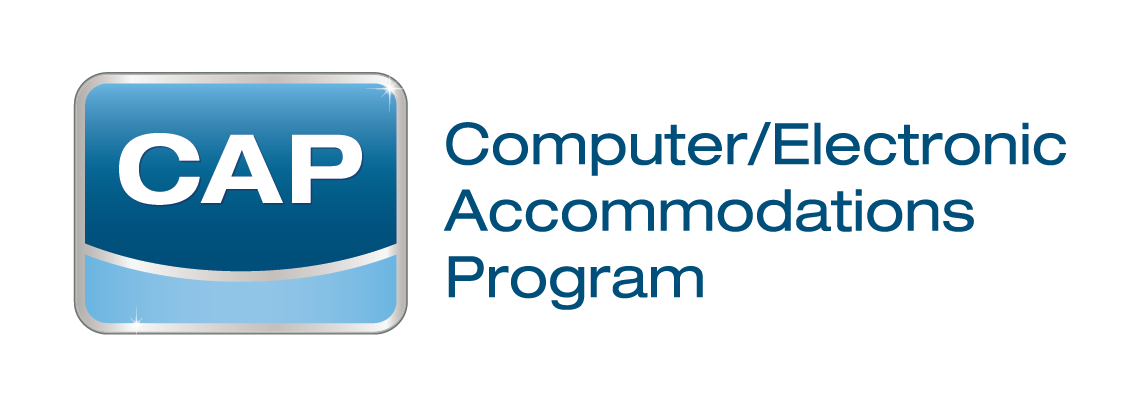Dexterity
Dexterity conditions are physical disabilities that affect the function of one or more limbs. Examples include carpal tunnel, Multiple Sclerosis (MS), cerebral palsy, arthritis, or amputations. Limitations may involve reduced range of motion, muscle control, paralysis, spasms, tingling, or numbness.

Alternative Computer Control
Alternative computer control software and devices assist individuals with dexterity limitations by enabling computer access through methods beyond a keyboard and mouse, such as voice or speech commands or switch devices.

Keyboards and Pointing Devices
Alternative keyboards and pointing devices assist individuals with dexterity limitations by offering adjustable tilt, angle, height, layout, and support to perform computer-based tasks

Positioning
Positioning devices assist individuals with dexterity limitations by allowing adjustment of body position, input tools, documents, and equipment, including height, angle, and tilt, to optimize task performance.

Speech to Text
Speech-to-text software assists individuals with dexterity limitations by allowing computer control through voice commands, reducing or eliminating the need for a keyboard and mouse.

Personal Assistance Services
Personal assistance services (PAS) assist individuals with dexterity limitations by providing travel and task-related assistance. DoW agencies can be reimbursed for personal assistant expenses via a MIPR for employees attending job-related training.

